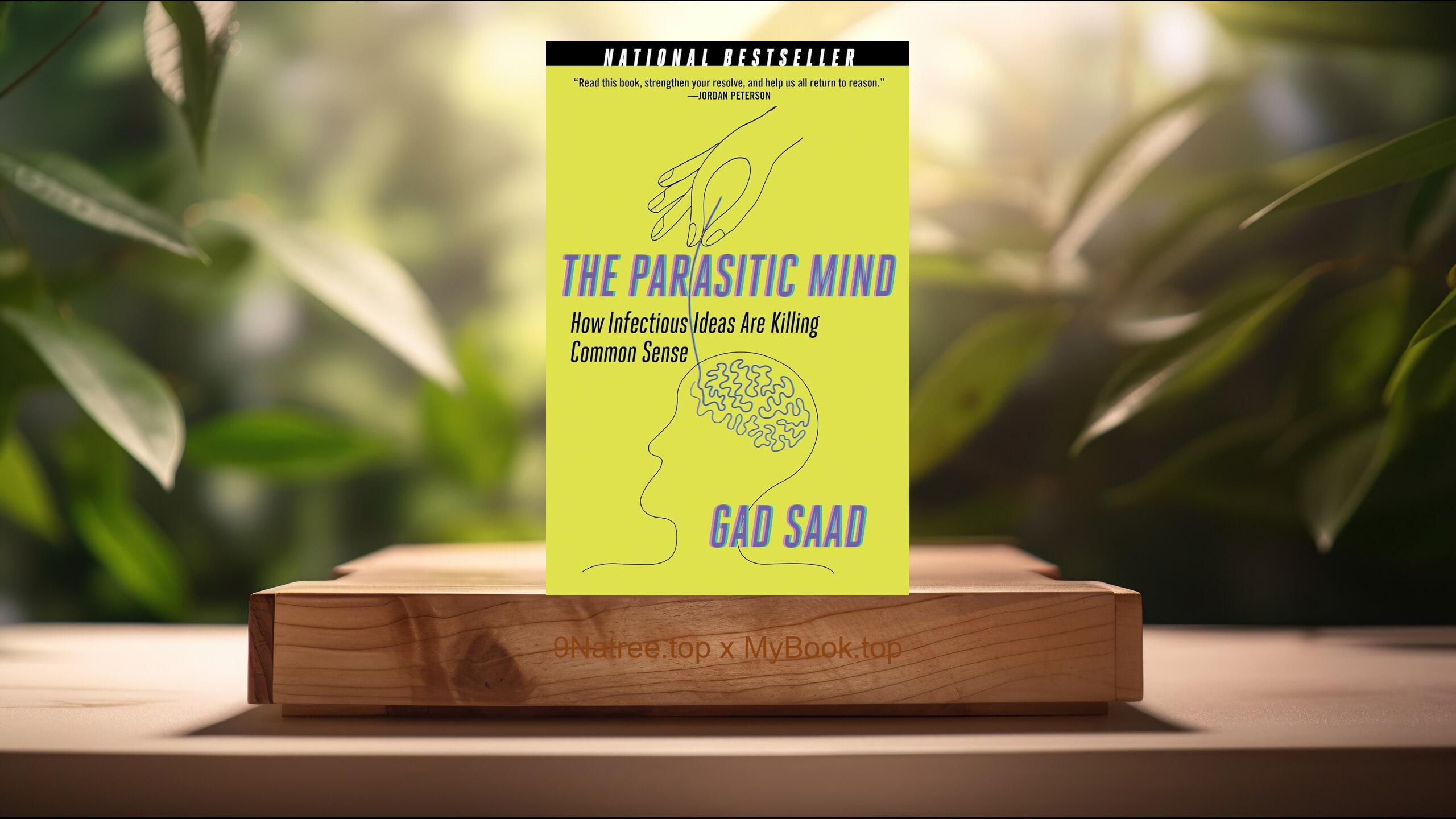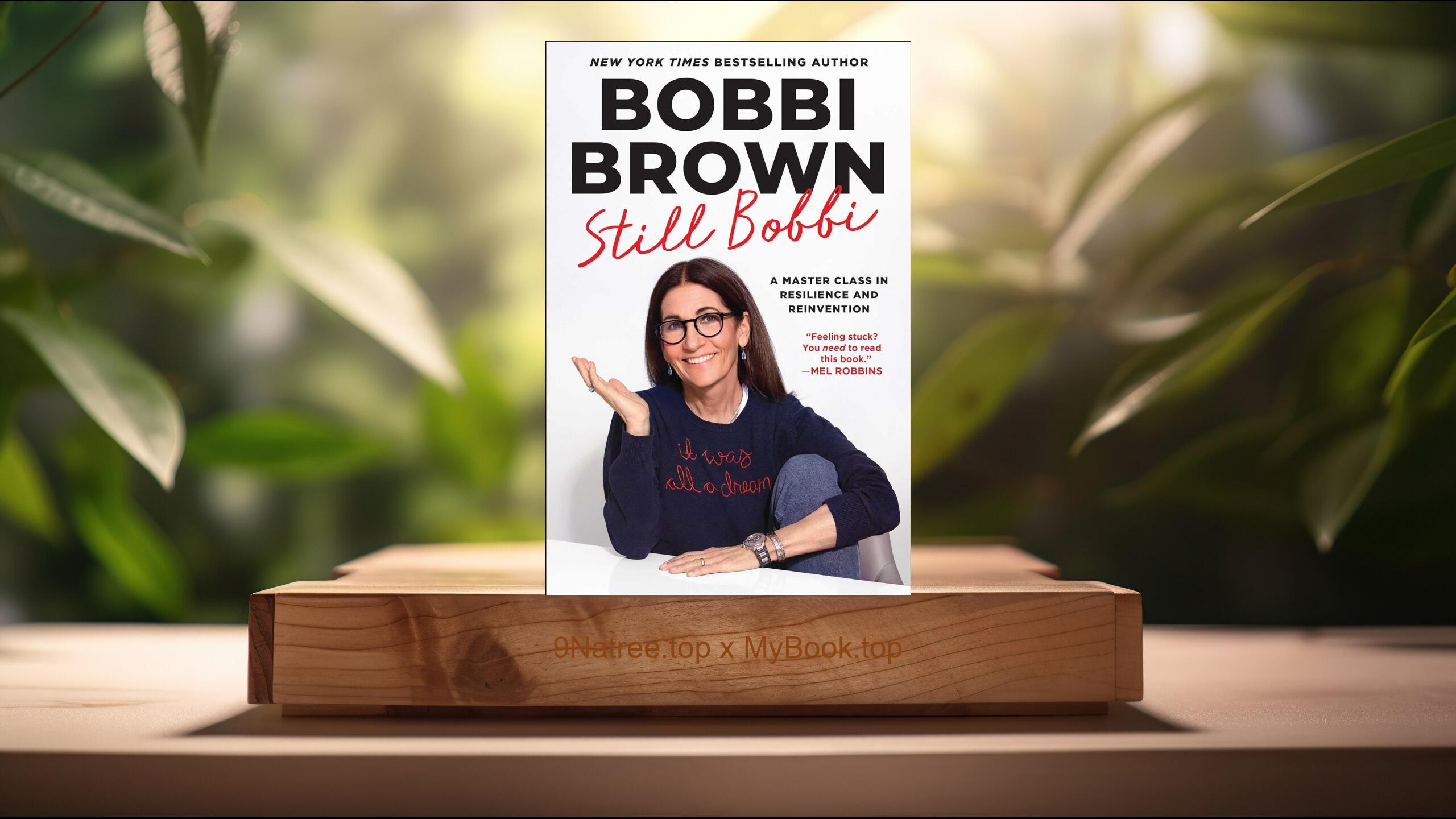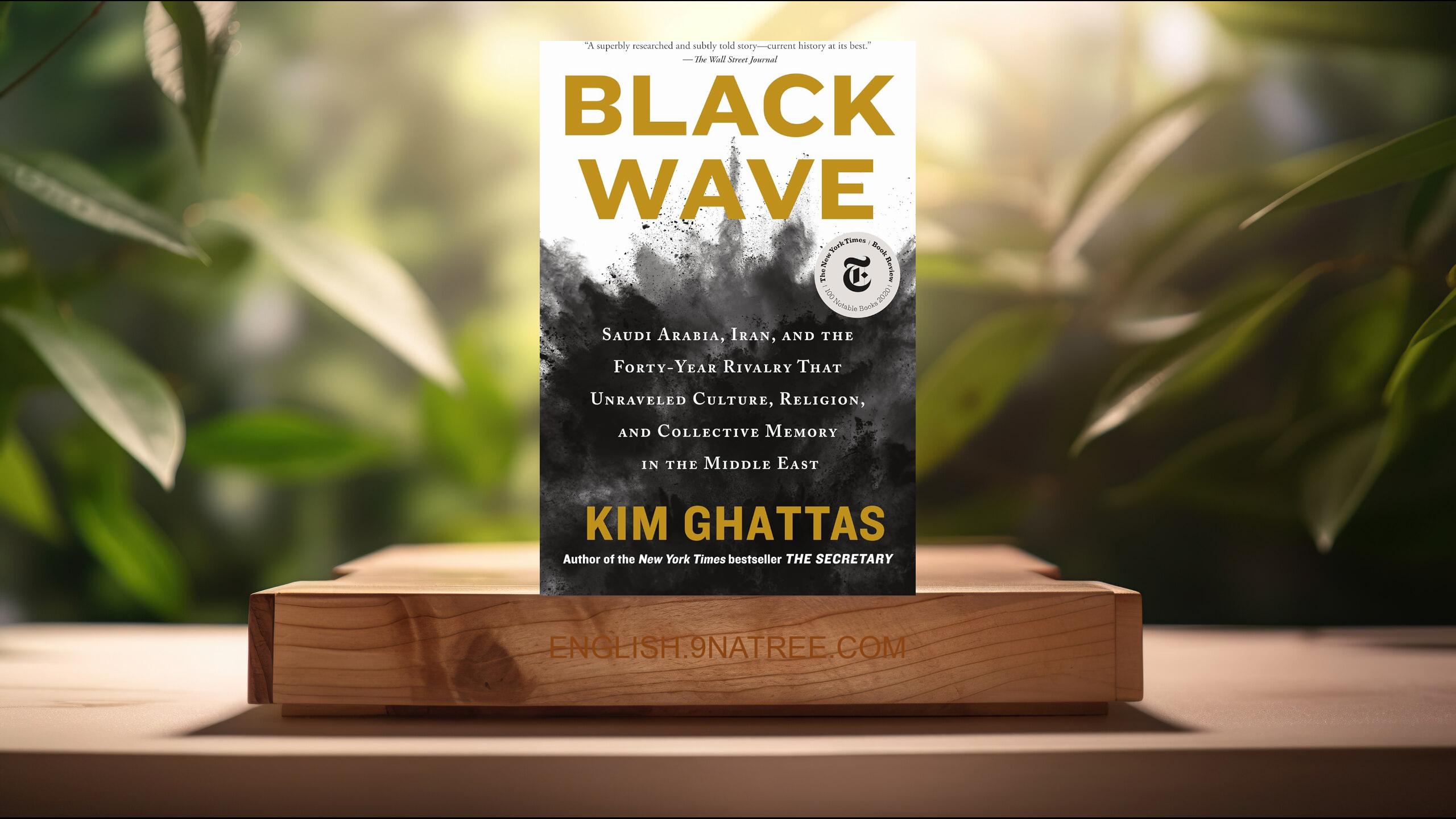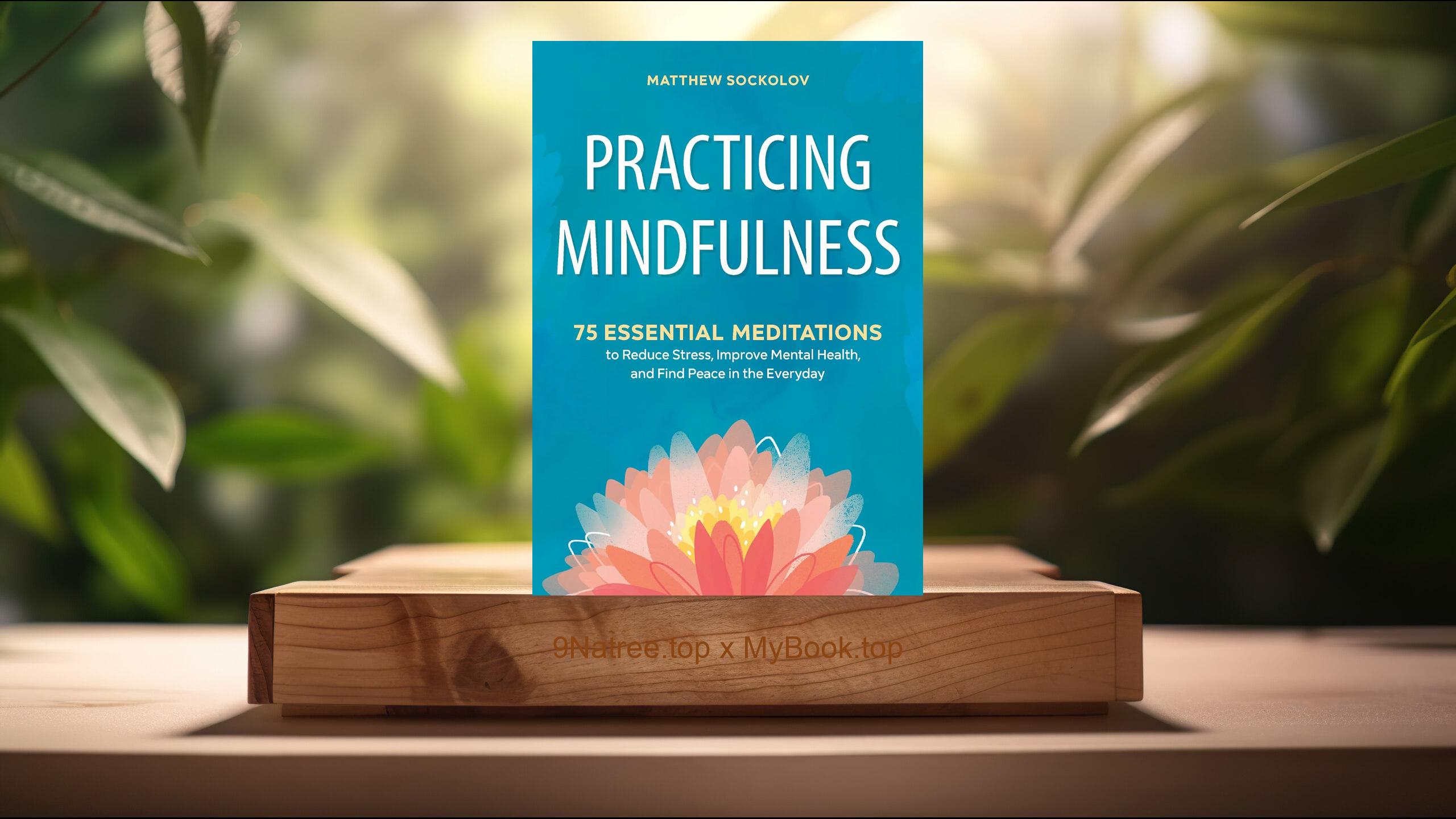Show Notes
- Amazon USA Store: https://www.amazon.com/dp/0063428164?tag=9natree-20
- Amazon Worldwide Store: https://global.buys.trade/How-to-Test-Negative-for-Stupid%3A-And-Why-Washington-Never-Will-John-Kennedy.html
- Apple Books: https://books.apple.com/us/audiobook/how-to-test-negative-for-stupid/id1788109410?itsct=books_box_link&itscg=30200&ls=1&at=1001l3bAw&ct=9natree
- eBay: https://www.ebay.com/sch/i.html?_nkw=How+to+Test+Negative+for+Stupid+And+Why+Washington+Never+Will+John+Kennedy+&mkcid=1&mkrid=711-53200-19255-0&siteid=0&campid=5339060787&customid=9natree&toolid=10001&mkevt=1
- Read more: https://mybook.top/read/0063428164/
#politicalsatire #commonsensedecisionmaking #governmentaccountability #medialiteracy #civicresponsibility #HowtoTestNegativeforStupid
These are takeaways from this book.
Firstly, Common sense as a working method, not a bumper sticker, One of the book’s central arguments is that common sense is not a slogan but a disciplined method for making decisions under uncertainty. John Kennedy treats common sense as the steady application of a few practical habits that anyone can learn and practice. First, define the problem in concrete terms that real people live with, not as an abstract moral contest. Second, follow incentives because incentives shape behavior more reliably than intentions. Third, measure outcomes and adjust based on evidence, not on ego or political pressure. These steps sound simple because they are, yet the book shows how quickly institutions abandon them once cameras are rolling and interest groups start yelling. Kennedy’s voice is humorous, but the point is serious. Without a basic operating system of clarity, incentives, and measurement, organizations substitute vibes for verification and then act surprised when programs fail. The book walks through examples of policy debates where the loudest argument drowned out the most accurate analysis, and how to avoid being swept up in the volume. A recurring theme is that competence is quiet. Effective people spend more time asking dumb sounding questions upfront so they avoid big mistakes later. They ask what problem are we truly solving, who pays, who benefits, what are the trade offs, and how will we know if it worked. Kennedy encourages readers to build a personal checklist that mirrors this approach in family budgets, workplace projects, and community decisions. You do not need an advanced degree to do this. You need the humility to test assumptions and the patience to collect facts before forming hard opinions. That is the test the title points to. You will not eliminate error, but you can push your batting average higher by turning common sense into a repeatable playbook rather than a vague aspiration.
Secondly, Washington theater versus real results, The book draws a bright line between political theater and genuine results. Kennedy argues that Washington is structurally optimized for performance, not delivery. The news cycle rewards viral zingers, and fundraising accelerates when politicians pick fights on social media. Meanwhile, quiet, unglamorous problem solving rarely gets attention. This skewed incentive system multiplies dysfunction. Hearings become made for television interrogations that produce great clips and thin oversight. Bills expand in length and complexity to satisfy coalitions rather than to solve problems. Agencies chase compliance checklists rather than mission outcomes because process is safer than performance. Kennedy does not despair about this mismatch so much as he dissects it. He explains that when you understand the show, you can stop being an audience member and start acting as a discerning critic. The book proposes a simple filter for judging political claims. Ask what measurable change will occur, when, for whom, and with what fallback plan if it fails. If a proposal cannot clear that bar, it is probably theater. Kennedy also recommends watching who takes responsibility when things go wrong. Accountability dodging is the hallmark of performance politics. Real leaders link authority to responsibility and invite scorecards. The text offers several case pattern sketches that show how to track a proposal from promise to outcome. Follow the timeline, find who owns the metrics, and map the incentive chain. Readers can apply the same framework at work, in nonprofits, or in school boards. The lesson is not to become cynical but to become precise. Cynicism shrugs at everything. Precision distinguishes between show and substance. Once citizens start rewarding precision and outcomes, politicians will follow. Until then, Kennedy suggests citizens cultivate a stoic patience, a strong sense of humor, and a refusal to be dazzled by theatrics.
Thirdly, Bureaucracy, perverse incentives, and the cost of confusion, Kennedy spends considerable time unpacking how bureaucracies drift into perverse incentives that reward busywork over value. He avoids cheap shots and instead shows how systems nudge people. In large agencies, risk aversion replaces curiosity because one mistake can end a career while one success rarely changes it. Meetings multiply because no one wants to be the person who made a decision that can be second guessed. Forms expand because process becomes a stand in for proof of diligence. This is how competent people end up producing confusing outcomes. The book outlines the cost of this confusion. It wastes money, of course, but it also erodes public trust and makes good policy harder to pass, since citizens rightly worry that the implementation will go sideways. Kennedy’s remedy is to realign incentives around clarity and accountability. He highlights the power of small, testable pilots over sweeping rollouts. When programs launch with a defined hypothesis, clear metrics, and a sunset clause, they create positive pressure to learn and adapt. He also argues for radical simplification wherever possible. If people cannot explain a program on one page, it probably needs to be redesigned. The book provides a citizen level angle as well. Voters can support leaders who set measurable goals, publish dashboards, and prune failing efforts instead of doubling down. At work, readers can borrow the same ideas by asking for decision logs, pre mortems that imagine failure before launch, and short feedback cycles. A particularly helpful idea is to separate blame from accountability. Blame hunts for a villain. Accountability hunts for a cause and a fix. Bureaucracies that reward honest diagnosis improve faster and spend fewer dollars per result. Kennedy uses humor to make these points land, but the guidance is practical. Understand what your system rewards. Align incentives with outcomes. Build in mechanisms that make learning cheaper than denial. That is how you reduce confusion and raise competence in any large organization.
Fourthly, Media, messaging, and the modern fog machine, In an age of endless feeds, the book treats the information environment as a central challenge to clear thinking. Kennedy does not vilify the press or glorify it. He argues that all media, from traditional outlets to influencers, face relentless pressure to be first and to be engaging. Speed and engagement often outrun accuracy and nuance. The result is a fog machine that can overwhelm even diligent readers. Kennedy’s response is a practical media literacy toolkit. First, slow down. Urgency is the friend of manipulation. If a claim demands immediate outrage, let it cool for a few hours. Second, triangulate. Check at least two sources with different editorial leanings and look for shared facts rather than shared opinions. Third, follow original documents whenever possible. Press releases and clips often distort. Source documents anchor. Fourth, separate news from commentary and analysis from speculation. Many formats blend these categories in ways that confuse rather than inform. The book also encourages readers to watch their own cognitive habits. Confirmation bias and tribal loyalty can turn smart people into repeat sharers of nonsense. Kennedy suggests treating your social feeds like a diet. Curate deliberately. Add protein in the form of data and long form reporting. Cut back on sugar in the form of hot takes and dunk clips. Finally, learn to reward good information with attention and support. Subscribe to outlets that correct themselves. Thank people who update their views. The marketplace of ideas responds to consumer choices. When citizens fund quality, they get more of it. When they chase outrage, they get more fog. None of this requires cynicism. It requires discipline. The book’s tone is encouraging. You can build a personal system that makes you harder to fool and slower to inflame. Do that, and you will make better decisions in politics, work, and family life because your inputs will be cleaner and your reactions steadier.
Lastly, Personal responsibility, civic literacy, and everyday applications, Kennedy closes the loop by pulling the lens inward. If Washington feels like a stubborn case of dysfunction, citizens do not have to copy it. The book lays out a personal code that helps readers test negative for foolishness across domains. Start with civic literacy. Understand how a bill becomes law, how budgets really work, and what your local government controls. Many frustrations dissolve once you learn which level of government handles which problem. Then move to personal responsibility. You control your inputs, effort, and character. You can practice the same standards you hope leaders will practice. Keep promises. Show your work. Admit error quickly. Track results, not intentions. The author explains how to hold officials accountable without becoming angry as a default setting. Ask for metrics. Attend local meetings. Vote in primaries where choices are often shaped. Support competence with your time and your wallet. In family life, the playbook looks like simple, repeatable habits. Write budgets. Set weekly reviews. Use pre mortems for big decisions to imagine what could go wrong and plan around it. At work, ask teams to define done, to name a single owner, and to document decisions so that memory does not get rewritten. Kennedy also recommends actively cultivating patience and humor. Patience keeps you from getting dragged into every emotional spike. Humor protects against self importance and keeps you teachable. The book is filled with stories that underline a paradox. Smart people can make foolish choices when they get tired, rushed, or proud. The antidote is not perfection but structure. Build a scaffolding of routines and questions that catches you when your judgment wobbles. Over time, those routines accumulate into wisdom. They save money, reduce conflict, and improve outcomes. Civic health, organizational health, and personal health all benefit from the same habits of clarity, measurement, accountability, and humility. That is the hopeful note the book returns to again and again.
![[Review] How to Test Negative for Stupid: And Why Washington Never Will (John Kennedy) Summarized](https://episodes.castos.com/660078c6833215-59505987/images/2169058/c1a-085k3-6zqo66rzfo4-tpkfsp.jpg)




